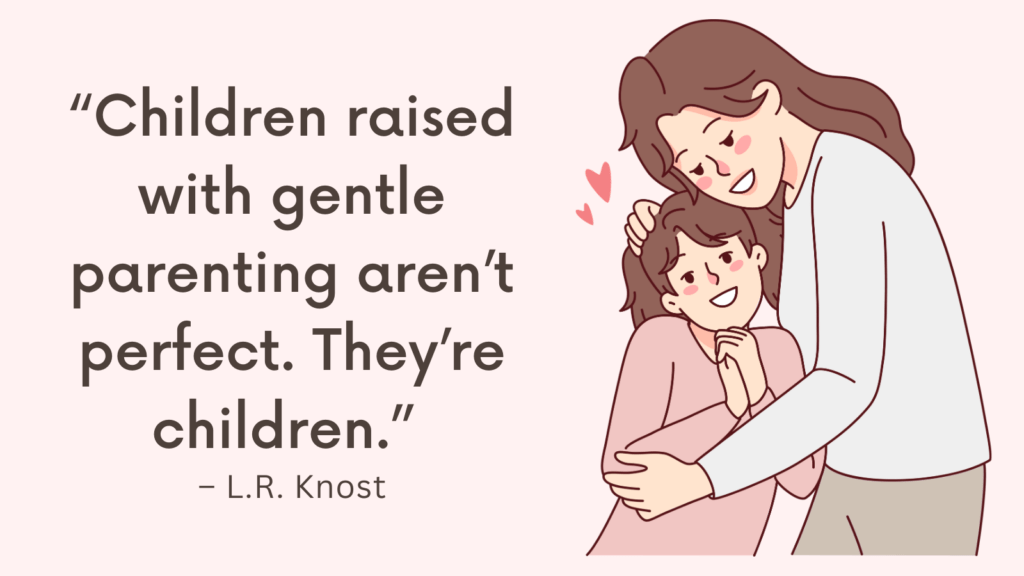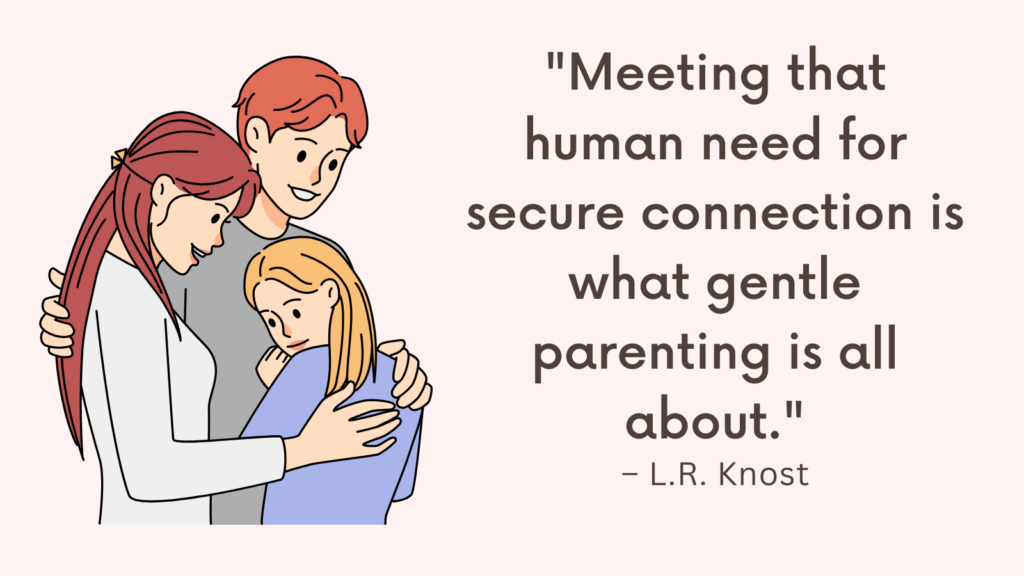This post contains “Is my child gifted quiz.”
Who Is The Gifted Child?
A gifted child is typically described as someone who demonstrates exceptional abilities in one or more areas, including but not limited to, academics, art, music, or athletics.
These children often display advanced cognitive abilities, strong curiosity, and a passion for learning.
For example, a child who easily grasps complex mathematical concepts, demonstrates artistic talent beyond their years, or displays an outstanding ability to read and write at a young age may be considered gifted.
It’s also important to note that giftedness can manifest itself in various ways and not always reflect high academic achievement.
Gifted children may possess a heightened emotional sensitivity, strong leadership skills, or a knack for problem-solving.
Related: Am I A Helicopter Parent Quiz
Is My Child Gifted Quiz
The following questions represent common signs your child is gifted:
Results
#1. Is your child curious about the world around them?
#2. Does your child have a strong memory and recall information easily?
#3. Does your child show an early interest and understanding of mathematics or science concepts?
#4. Does your child display a talent for artistic expression, such as drawing, painting, or music?
#5. Does your child exhibit a high level of creativity and original thinking?
#6. Does your child ask insightful and thought-provoking questions?
#7. Does your child display a keen ability to focus on a task for an extended period of time?
#8. Does your child have a strong sense of empathy and compassion towards others?
#9. Does your child exhibit a natural leadership ability and take charge in group situations?
#10. Does your child have an advanced vocabulary for their age and use complex sentence structures?
We will not sell your information. All results are kept confidential.
This quiz is for informational purposes only. It is not meant as a diagnostic or assessment tool.
Results
The questions above represent common signs of giftedness in children. If you answered yes to any of these questions, then your child may be gifted.
Related: Helicopter Parenting: Pros and Cons of Over-Parenting
Challenges Faced by Gifted Children
Gifted children often face unique challenges that can impact their social, emotional, and academic development.
Some of the most common challenges include:
1. Boredom and lack of engagement: Gifted children may become bored in school if they are not challenged enough academically. Without appropriate stimulation, they may lose motivation and become disengaged.
2. Social isolation: Gifted children may struggle to find peers who share their intellectual interests and abilities, which can lead to feelings of social isolation.
3. Perfectionism: Gifted children may hold themselves to extremely high standards and be very self-critical, which can lead to anxiety and stress.
4. Uneven developmental patterns: Gifted children may excel in certain areas while struggling in others. This unevenness can make it difficult for them to fit in with peers and can impact their self-esteem.
5. Pressure to perform: Gifted children may feel pressure from parents, teachers, and themselves to achieve at a very high level. This pressure can lead to anxiety and burnout.
It’s important to provide gifted children with appropriate support and resources to help them navigate these challenges and reach their full potential.
Related: Is My Child Dehydrated Quiz
Supporting Gifted Children
1. Encourage their interests: Gifted children often have a deep passion for certain subjects or hobbies. Encouraging them to pursue these interests and providing resources for them to learn more can help foster their talents.
2. Provide challenging activities: Gifted children can become bored or disengaged if they are not challenged enough. Providing them with challenging activities or projects that are tailored to their abilities can help keep them engaged and motivated.
3. Offer enrichment opportunities: Look for enrichment opportunities such as summer camps, online courses, or after-school programs that cater to gifted children. These programs can offer more advanced instruction and give them a chance to connect with peers who share their interests and abilities.
4. Use differentiated instruction: Teachers can use differentiated instruction to personalize learning experiences for gifted students. This approach involves modifying the curriculum to match the students’ abilities and interests.
5. Communicate with your child: It’s important to communicate with your child and understand their perspective. Listen to their ideas and concerns, and be sure to celebrate their achievements and progress along the way.
Overall, supporting gifted children requires a combination of resources, communication, and individualized attention.
With the right support, gifted children can reach their full potential and make meaningful contributions to society.
Related: Why Would A Child Need Occupational Therapy?
Conclusion
A gifted child is someone who displays exceptional abilities or talents in one or more areas.
These areas can include academic subjects, such as math or language arts, artistic expression like music or drawing, or even physical abilities, like sports or dance.
Gifted children typically demonstrate a high level of intellectual curiosity and a desire to learn and explore.
They may also possess advanced problem-solving skills and have an exceptional memory.
However, it’s important to note that being gifted doesn’t necessarily guarantee success in life.
Many gifted children face challenges such as social isolation due to their differences, the pressure to continually perform at a high level, and potential boredom and disinterest in traditional schooling.
It’s important for parents, educators, and caregivers to provide support and resources that allow gifted children to develop their talents and reach their full potential.
Providing opportunities for enrichment and challenging them in a safe and supportive environment can help gifted children thrive.







